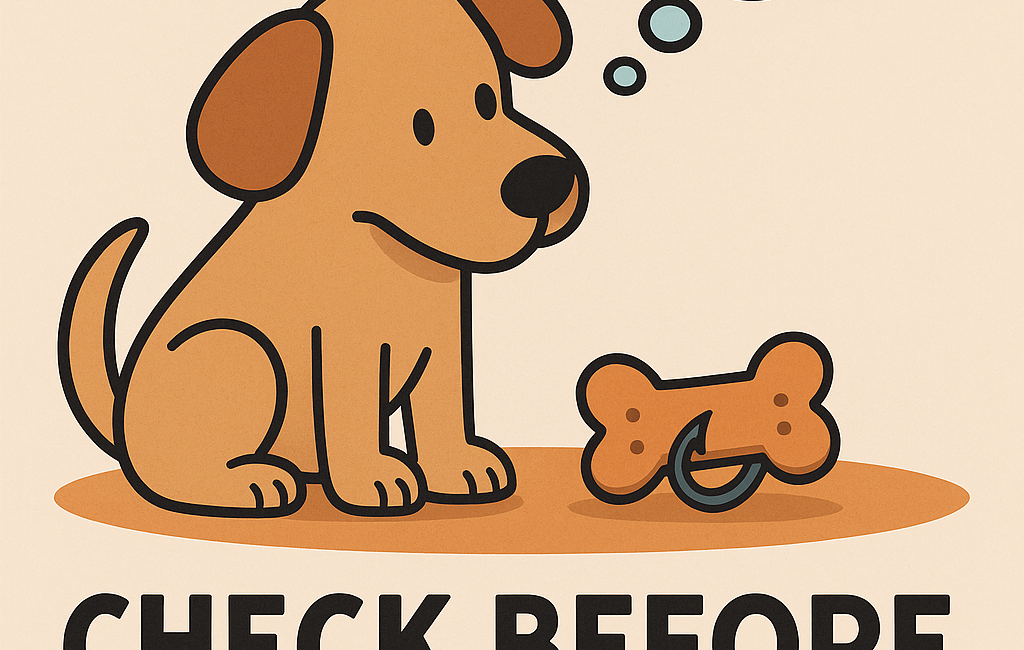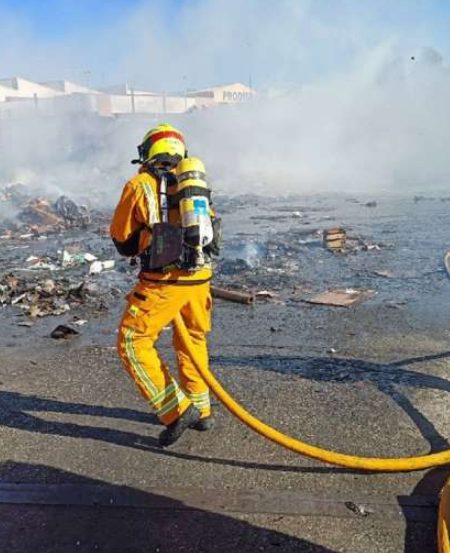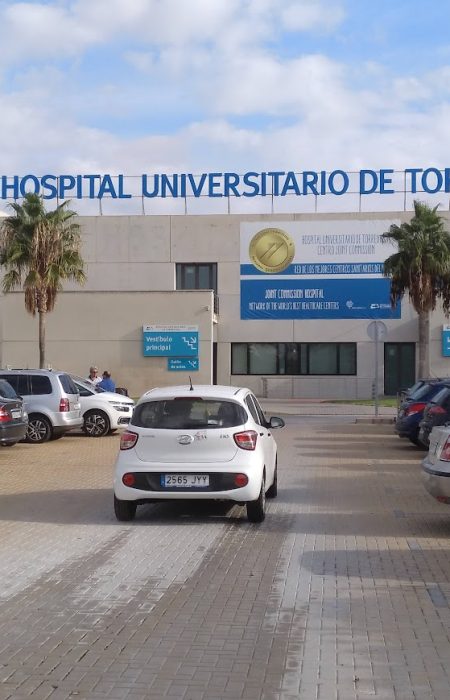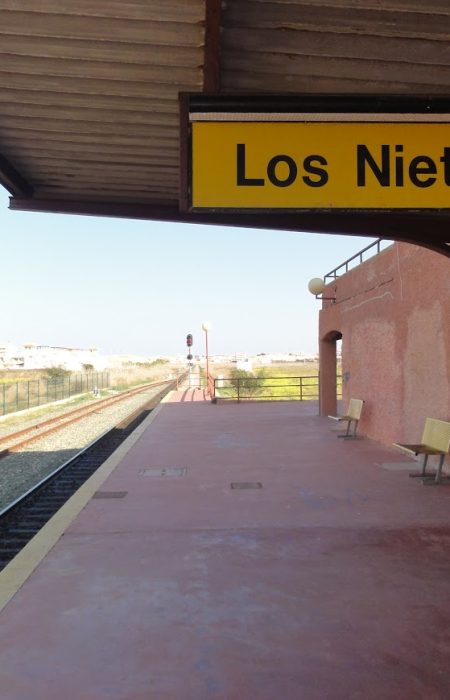Juan Pablo II Park in Alicante’s PAU 1 is on high alert following the recent reintroduction of dog food with hooks. This action, which may appear to be an isolated act at first glance, is actually a serious crime under the Penal Code, with penalties ranging from fines to five years in prison, depending on whether the poison (or the element used) causes injury or death to an animal, or even if it endangers people’s health. The combination of hazard to pets and the community poses an additional risk in a green space designated by the City Council as a no-walking area for pets.
Despite the laws, and with a designated dog park just a few metres away (across two lanes), an increasing number of individuals are bringing their pets to this big green space. The situation is deteriorating with the appearance of traps ranging from hooks disguised in pieces of flesh to poisoned bait, a pattern that neighbours say occurs frequently in the area. Rosario Buyolo, president of the PAU 1 Neighbourhood Association, claims that the issue occurs frequently and that neighbours report the findings through groups. ” We suspect it was the same person who set them on prior times because the repeated occurrences are not the first time this has happened. Fortunately, there have been no significant events thus far,” says Buyolo.
“We believe it’s the same person who has already done so on other occasions because the cases have been repeated over time.”
Risk to both animals and humans
Although the scenario may have legal ramifications. Eloi Sarrió, president of the Animal Law Section of the Alicante Bar Association (ICALI) and director of the organisation Aboganimal, explains that placing baits with hooks or toxic substances can be considered crimes that endanger wildlife and the environment, abuse domestic animals, and even pose a serious risk to human health. “Poisoned bait in the park is like Russian roulette: today a cat or dog dies, tomorrow a child is poisoned ,” Sarrió said.
According to the animal rights lawyer, these activities can result in up to three offences under the Penal Code, with penalties ranging from four months to five years in prison, depending on the severity of the damage committed. “Poisoning without a victim is a felony. If an animal is also hurt or killed, we are dealing with abuse. And if the poison poses a substantial threat to human health, Article 325 of the Penal Code may be invoked,” Sarrió emphasises.
“A poisoned bait in the park is like Russian roulette: today a cat or dog dies, tomorrow a child is poisoned.”
Eloy Sarrio — President of the Animal Law Section of the Alicante Bar Association.
In practice, he explains, many articles of the Penal Code are used. Article 336 punishes the use of poisons or non-selective techniques with a maximum prison sentence of two years. Article 340 bis punishes the harm or death of a domestic animal with up to 24 months in jail and prohibits the ownership of pets. Finally, Article 325 includes environmental offences that endanger people, animals, or plants and provides for punishments ranging from two to five years.
Need for surveillance
The recurrence of incidents has prompted people to want increased local police presence in the region. “More surveillance is necessary. We’ve been asking for it for years, and it’s still the same,” says the head of the neighbourhood association, despite the fact that dogs are not permitted in the PAU 1 park, which has a dedicated animal area immediately in front of it. Authorities advise utmost caution and submit any such finds to the police for investigation and control.
Experts insist that if suspicious bait is discovered, it should not be touched or removed individually. The recommendation is to photograph it, notify the police, and register a complaint to preserve the chain of custody and allow for toxicological studies. They emphasise that without sufficient proof, obtaining a conviction is “very difficult.” “Safety is a common good, and an animal poisoner is a danger to everyone,” Sarrió says.








No Comment! Be the first one.